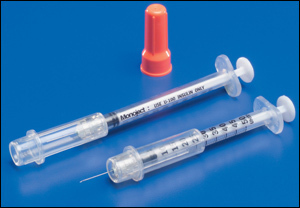Normal Baby Growth Rate
Knowing the normal baby growth rate is very important to help new  parents assess the development of their babies. The growth of babies is affected by various factors. Accelerated growth of babies can lead to the development of different cardiovascular diseases as well as obesity. To make sure that your baby is healthy, it is important to consult your physicians from time to time because physicians monitor the growth rate of your child. To know more about the normal baby growth rate, below are description of the average growth rate in height and weight from birth to two years of age.
parents assess the development of their babies. The growth of babies is affected by various factors. Accelerated growth of babies can lead to the development of different cardiovascular diseases as well as obesity. To make sure that your baby is healthy, it is important to consult your physicians from time to time because physicians monitor the growth rate of your child. To know more about the normal baby growth rate, below are description of the average growth rate in height and weight from birth to two years of age.
The Normal Growth Rate of Babies
What is the normal baby growth rate? Infants normally gain four ounces to seven ounces every week in the first month of life. Afterwards, babies gain a pound to two pounds every month for the five succeeding months. Healthy babies gain a pound every month from six months to a year.
The average growth rate of babies in weight from birth to six months is seven pounds to 12 pounds or three to five kilograms. From six months to the first year of life, the normal weight gain in babies is five to seven pounds or two to three kilograms. The mean growth rate of babies from one year to two years is also five to seven pounds.
In terms of height, from birth to six months, infants grow an inch or 2.5 centimeters every month. Afterwards, babies grow 0.5 inch or a centimeter every month up to the first year of life. The normal growth rate in terms of height is six to seven inches or 15 to 18 centimeters for the first six months. From six months to a year, babies’ normal growth rate is three inches to four inches or eight centimeters to 10 centimeters. From one year to two years of age, babies grpow four to five inches or 10 to 13 centimeters.
Additional Information and Other Important Details
Physicians agree that the growth of infants is affected by diet. Most bottle-fed children grow faster than breast fed children. It is important that parents ensure that the food that they give to their children are rich in proteins and carbohydrates, which are important to support the development as well as growth of babies. Breastfeeding is recommended because it contains the nutrients needed by infants. Infant formulas can be used as a substitute for breast milk but it is important to consult with physicians before introducing infant formulas to your baby.





